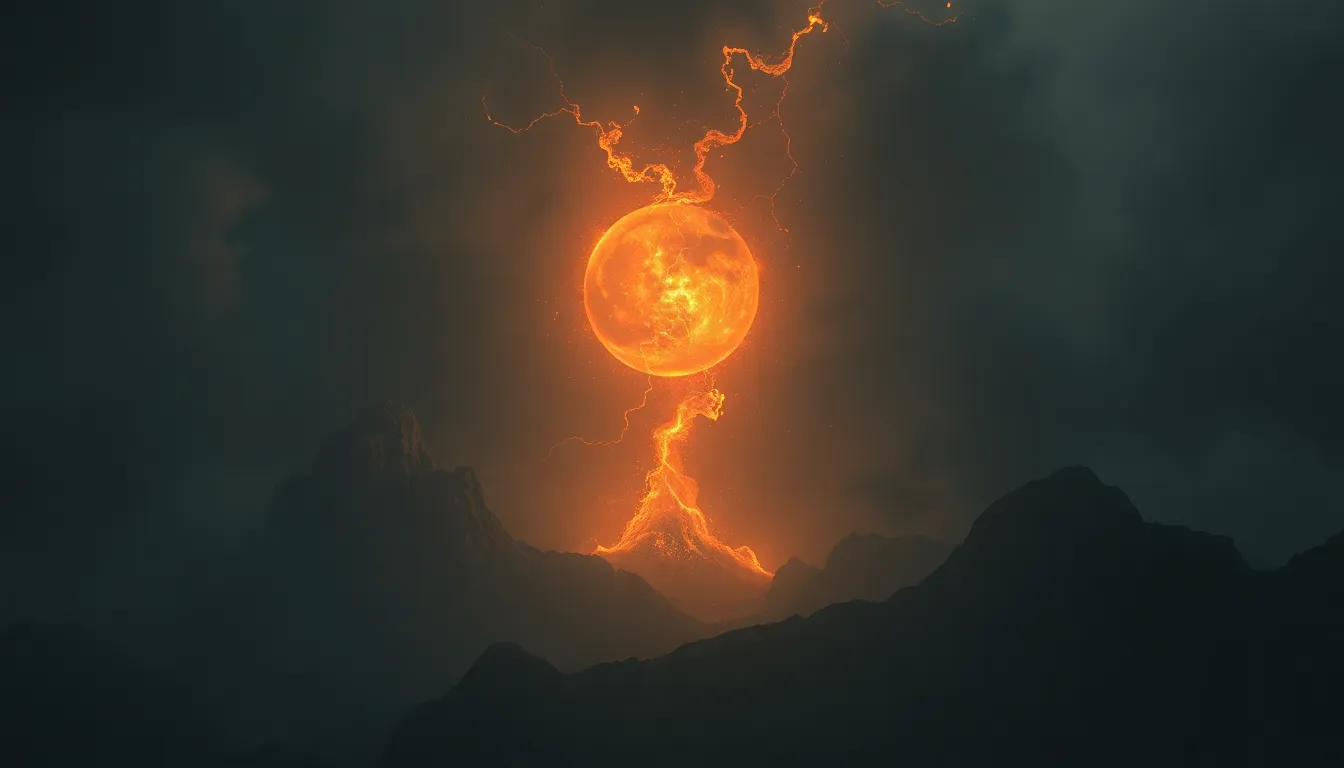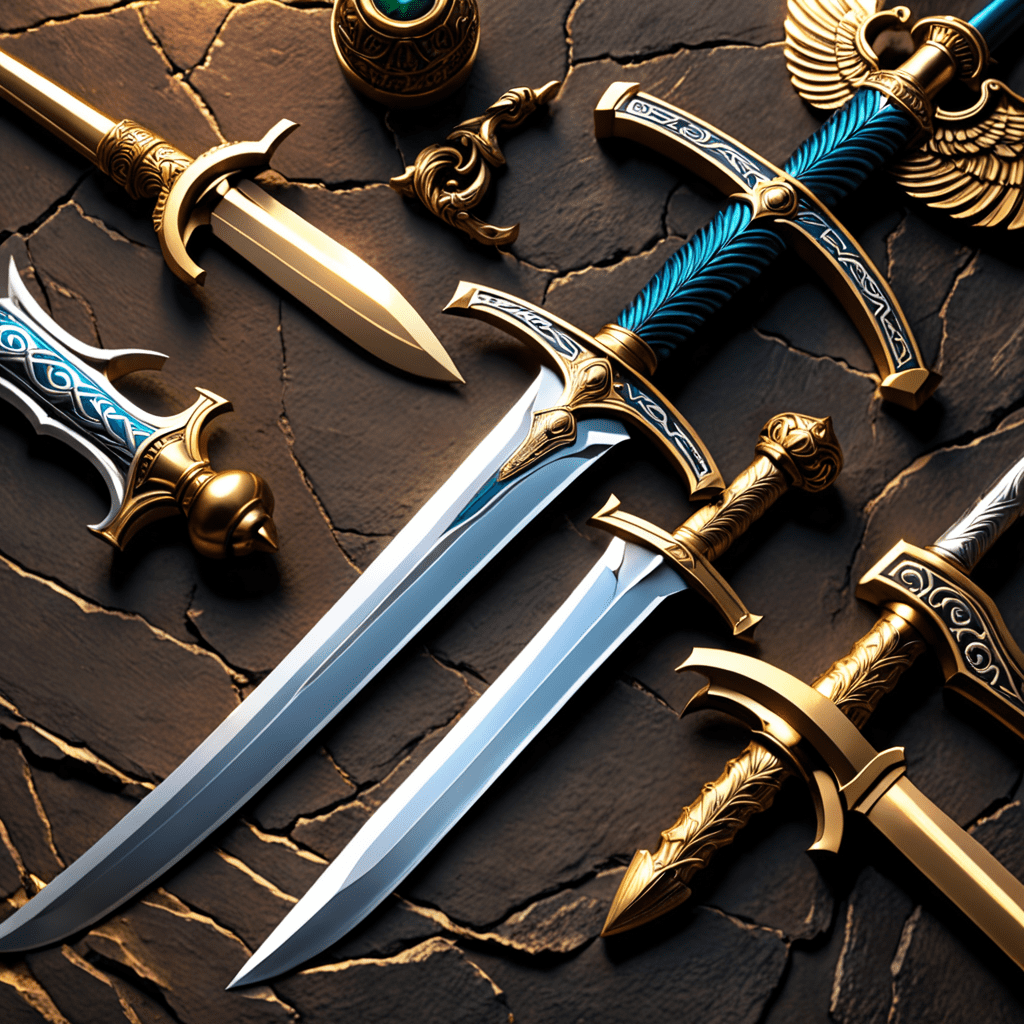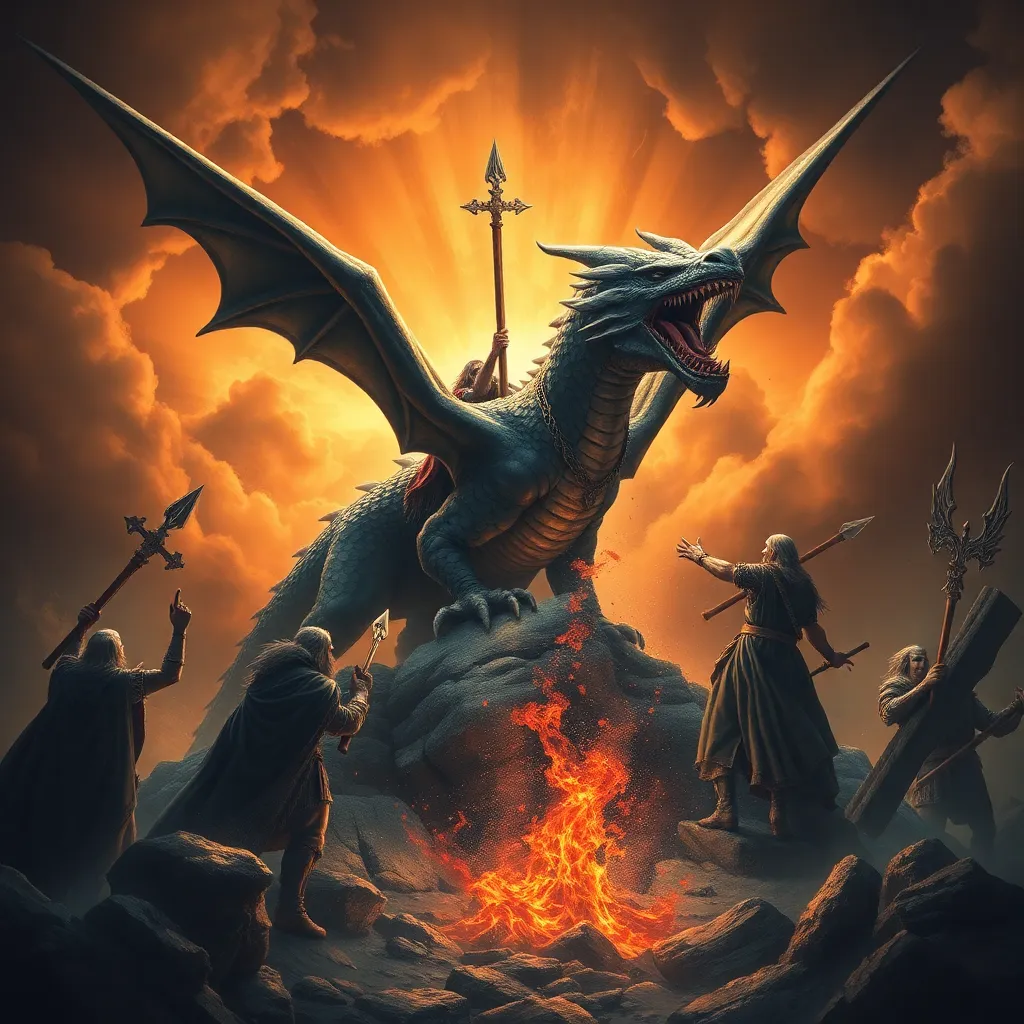How Different Cultures Explain the Beginning of Everything
Introduction
The concept of creation and cosmology has fascinated humanity for centuries. The various explanations for the origins of the universe, life, and human existence are rich and diverse, reflecting the beliefs and values of different cultures. Understanding these diverse perspectives not only enhances our appreciation of cultural heritage but also allows us to explore fundamental questions about life and our place in the universe.
The Nature of Creation Myths
Creation myths serve as foundational narratives within cultures, providing explanations for how the world came into being. These myths often address the questions of existence, purpose, and humanity’s role within the cosmos. The primary purposes of creation myths include:
- Explaining the origins of the universe and life.
- Establishing cultural identity and values.
- Offering moral lessons and guidance.
Common themes found in creation stories include:
- Cosmic chaos or void preceding creation.
- The emergence of deities or divine forces.
- Creation through divine will, action, or conflict.
- Symbolism of nature and the elements.
Indigenous Perspectives on Creation
Indigenous cultures around the world possess unique and profound creation stories that often emphasize the interconnectedness of land, nature, and ancestral beings. For example:
- Native American Creation Stories: Various tribes, such as the Iroquois and the Navajo, tell stories of the Earth being created from the efforts of animals and spirits. These narratives often highlight the importance of the land and the responsibility humans have towards it.
- Aboriginal Australian Myths: The Dreamtime stories narrate the creation of the land, people, and animals by ancestral beings who shaped the world through their actions and journeys.
These narratives emphasize a deep respect for nature and the belief that all life is interconnected, underscoring the significance of land and spirituality in Indigenous cultures.
Creation in Ancient Civilizations
Ancient civilizations, such as those in Mesopotamia and Egypt, developed elaborate creation myths that often involved a pantheon of gods and cosmic battles:
- Mesopotamian Mythology: The Enuma Elish describes the creation of the world through the conflict between the gods Apsu and Tiamat, culminating in the emergence of the god Marduk, who creates humanity from the blood of Tiamat.
- Egyptian Creation Myths: In Egyptian cosmology, various creation stories exist, such as the Heliopolitan myth, where the sun god Ra emerges from the primordial waters of Nun, bringing forth order from chaos.
These myths highlight the significant role of deities and the notion of cosmic order being established through divine action and conflict.
Eastern Philosophies and Cosmology
In Eastern philosophies, the concept of creation is often viewed through a cyclical lens:
- Hinduism: The Hindu creation narrative includes the belief in Brahma, the creator god, who emerges from the cosmic ocean. The cyclical nature of creation, preservation, and destruction is a central tenet, with the universe undergoing endless cycles of birth and rebirth.
- Buddhism: Buddhism does not focus on a singular creation event but rather emphasizes the impermanence of all things and the continuous cycle of birth, death, and rebirth (samsara).
- Taoism: In Taoist cosmology, the universe is seen as arising from the Tao, a fundamental principle that exists beyond creation itself, emphasizing natural harmony and balance.
These philosophies reflect a deep understanding of life’s transient nature and the integral role of divine forces within the cosmos.
Abrahamic Religions and the Genesis Narrative
The Abrahamic religions—Judaism, Christianity, and Islam—share a common creation narrative rooted in the Genesis account:
- Judaism: The Hebrew Bible describes God creating the world in six days, culminating in the creation of humanity in God’s image, which establishes a unique relationship between humans and the divine.
- Christianity: The Genesis creation story is foundational to Christian theology, emphasizing themes of stewardship and the inherent goodness of creation.
- Islam: The Qur’an also recounts the creation of the heavens and the earth, emphasizing God’s sovereignty and the purposefulness of creation.
These narratives underline the significance of divine authority and the moral responsibilities of humanity as caretakers of the earth.
Modern Scientific Perspectives on Origins
In contrast to traditional narratives, modern science offers explanations for the origins of the universe through theories such as:
- The Big Bang Theory: This theory posits that the universe began from a singular point approximately 13.8 billion years ago, expanding and evolving into the cosmos we observe today.
- Evolution: The theory of evolution explains the development of life on Earth through natural selection and adaptation over millions of years.
While these scientific perspectives provide empirical explanations, many individuals seek to reconcile science with spirituality, exploring how both realms can coexist in understanding the origins of existence.
Cultural Syncretism and Evolution of Creation Stories
As cultures interact and evolve, their creation myths can adapt and merge, leading to syncretism:
- Shared Elements: Many cultures exhibit similarities in their creation narratives, such as the use of water as a primordial element or the concept of a cosmic egg.
- Examples of Syncretism: The blending of Indigenous beliefs with colonial religions often results in unique creation stories that reflect both traditions.
This evolution of creation myths illustrates the dynamic nature of cultural narratives and the ways in which they reflect changing beliefs and values.
The Impact of Creation Myths on Society and Culture
Creation stories profoundly influence cultural identity, traditions, and ethical values:
- Cultural Identity: Myths provide a sense of belonging and continuity, linking individuals to their ancestors and heritage.
- Traditions and Rituals: Many cultures incorporate creation narratives into rituals, festivals, and ceremonies that reinforce communal bonds.
- Storytelling and History: Creation myths serve as vehicles for preserving history and imparting moral lessons, shaping societal norms and values.
Conclusion
The diversity of creation narratives across cultures reflects humanity’s enduring quest to understand the origins of existence. Each story, whether rooted in ancient tradition or modern thought, offers unique insights into the human experience and our relationship with the universe. By exploring these varied perspectives, we enrich our understanding of both cultural heritage and the universal questions that unite us all.



